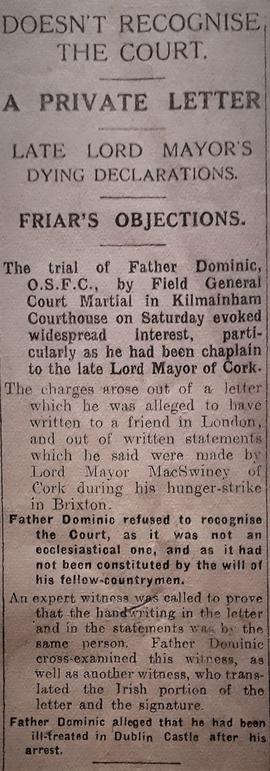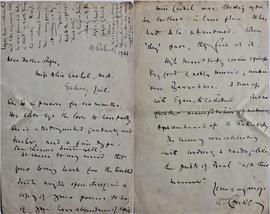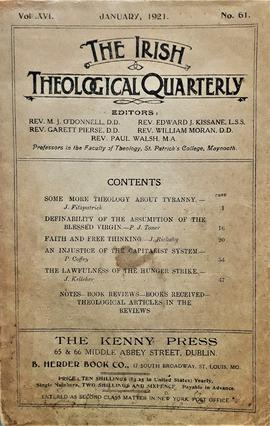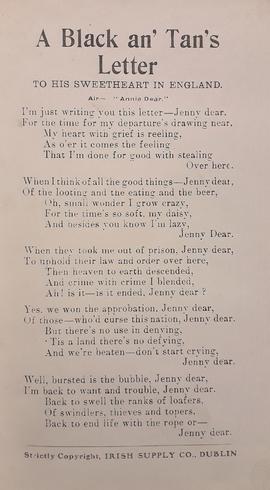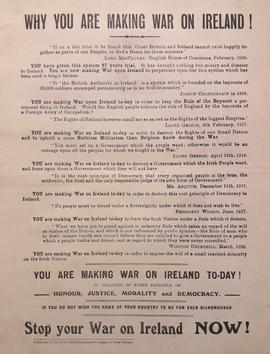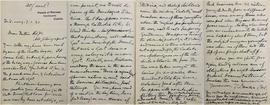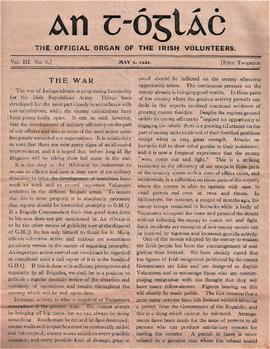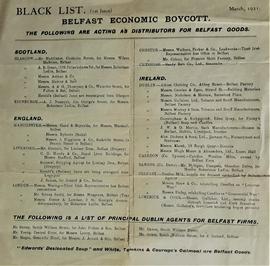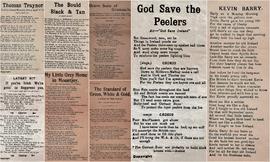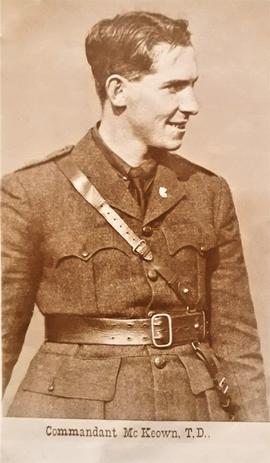Newspaper reports on the trial of Fr. Dominic O'Connor
- IE CA IR-1/5/3/11
- File
- Jan. 1921
Part of Irish Capuchin Archives
Copies of the 'Irish Independent' and 'Irish Times' carrying reports referring to the court martial of Fr. Dominic O’Connor OFM Cap. He was arrested following a raid on the Church Street Friary in Dublin in January 1921. He was court martialled in Kilmainham Jail and sentenced to five years’ imprisonment but was released the following year under the terms of a general amnesty following the signing of the Anglo-Irish Treaty.

